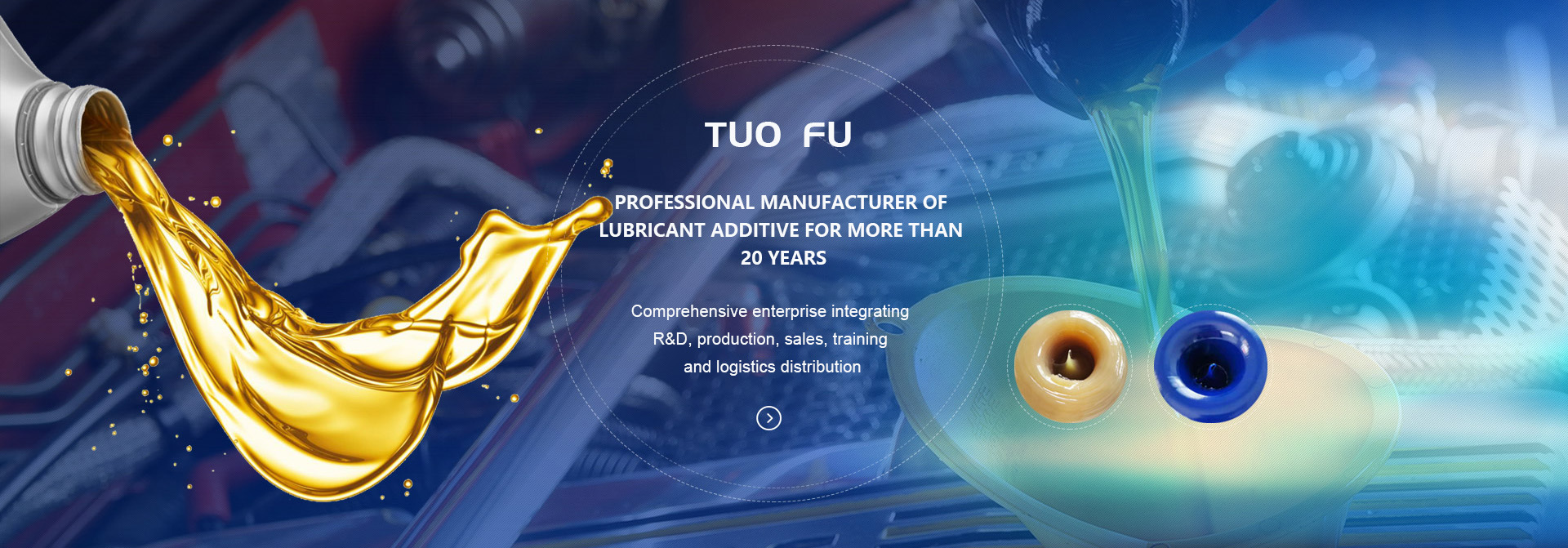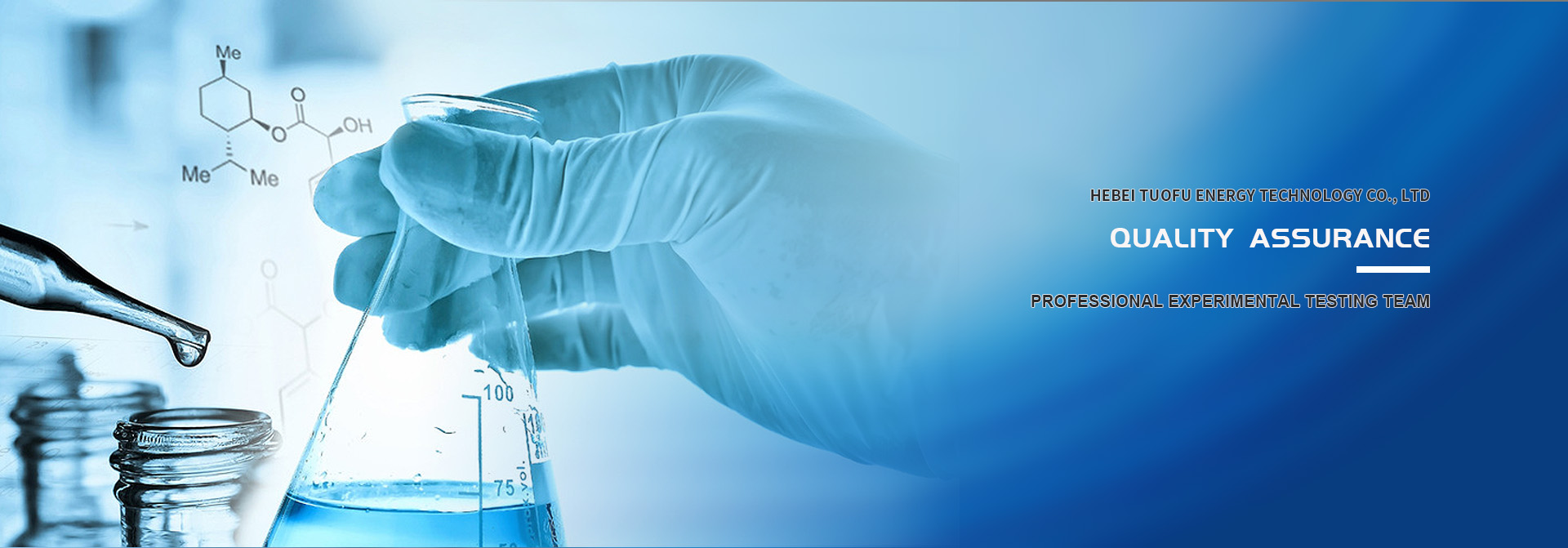Engines fueled with fuel oil, kerosene, gasoline, natural or artificial gas, liquefied petroleum gas, etc. must use lubricants such as paraffin-based lubricating oils to lubricate their moving parts. Lubricating oil needs to be in contact with the air during use, and various mechanical equipment will also generate heat, which will increase the temperature of the friction parts during operation. In addition, various metal materials in the equipment, such as copper and iron, will act as catalysts to accelerate The oxidative deterioration of oil products will eventually increase the viscosity of lubricating oil, generate acidic substances to corrode metal materials, and also generate various charcoal or asphalt-like precipitates such as paint films to block pipelines. All these changes will adversely affect the continued use of oil and the normal operation of equipment. Therefore, oil products are required to have better anti-oxidation and anti-corrosion properties. The purpose of adding anti-oxidation and anti-corrosion additives to oil is to inhibit the oxidation of oil, passivate the catalytic effect of metal on oxidation, and prolong the use of oil and protect the machine.
Refined base oils have a certain anti-oxidation effect, but cannot meet the extremely stringent requirements of modern use, and must be added with anti-oxidant and anti-corrosion additives. The amount added is second only to detergent and dispersant and viscosity index improver, ranking third.























